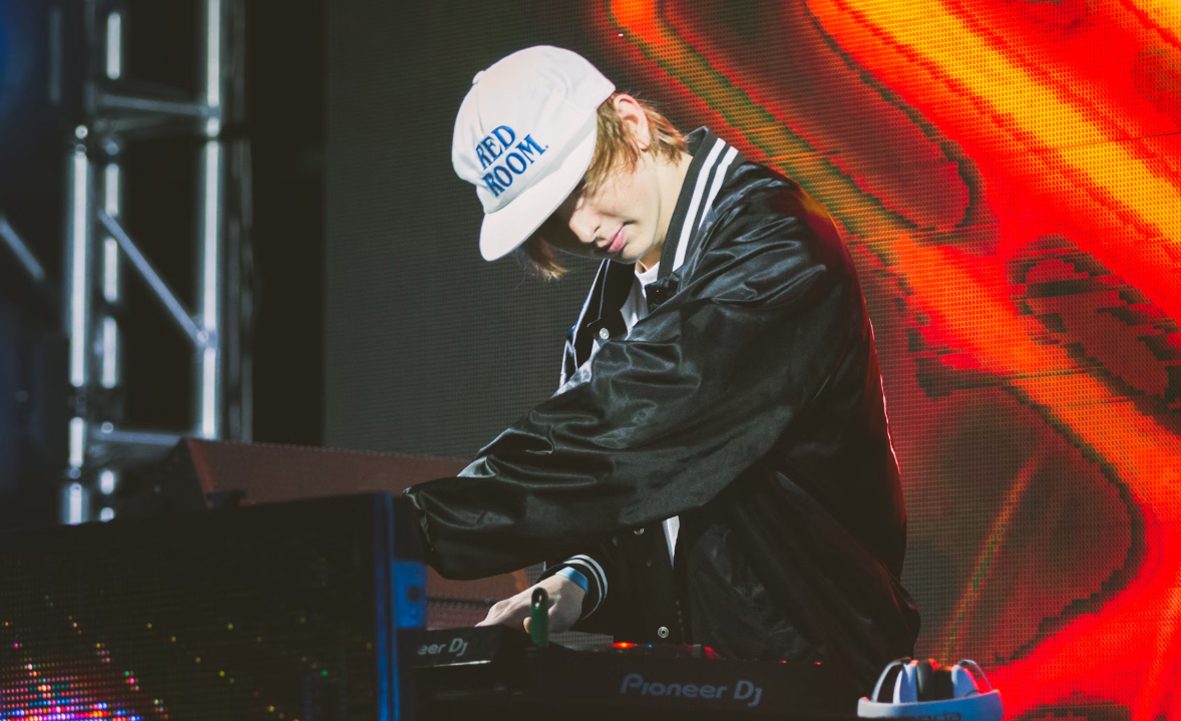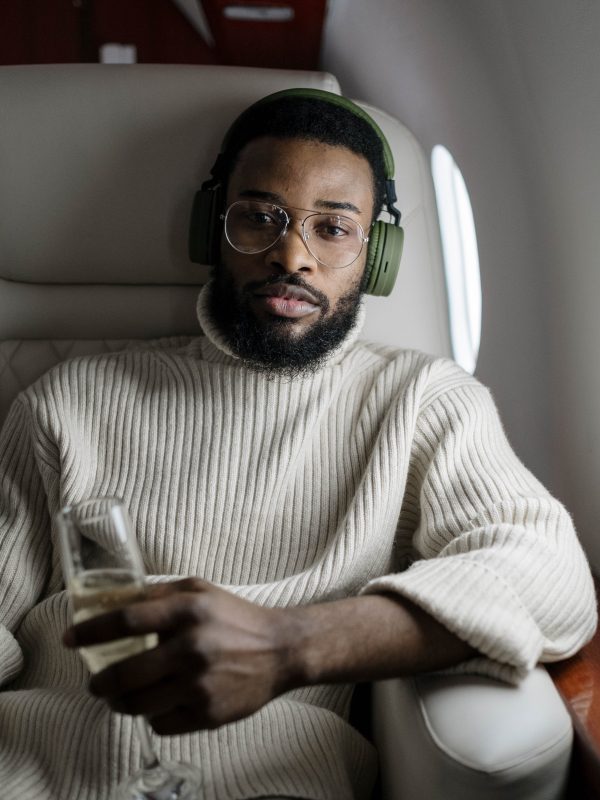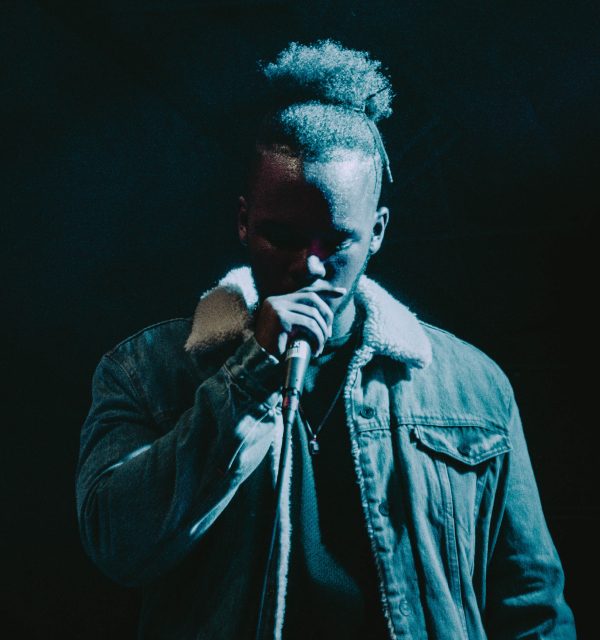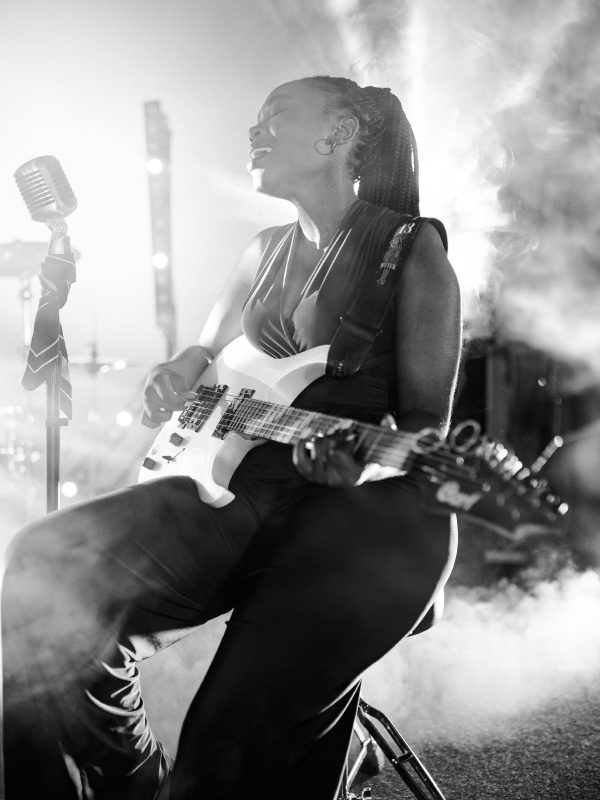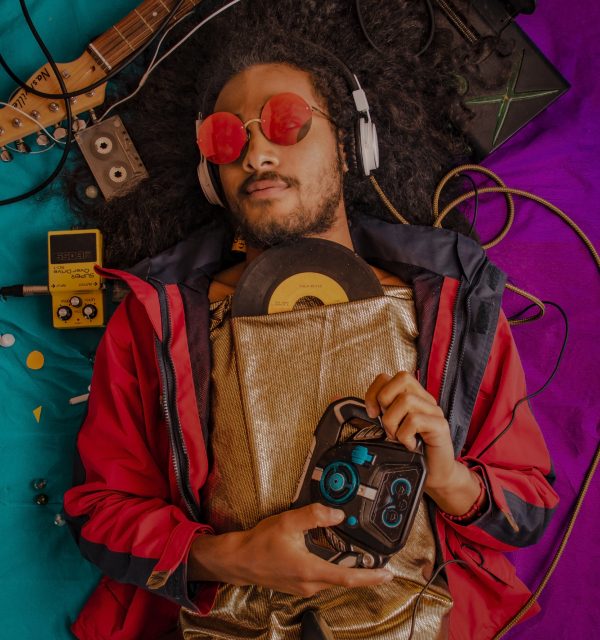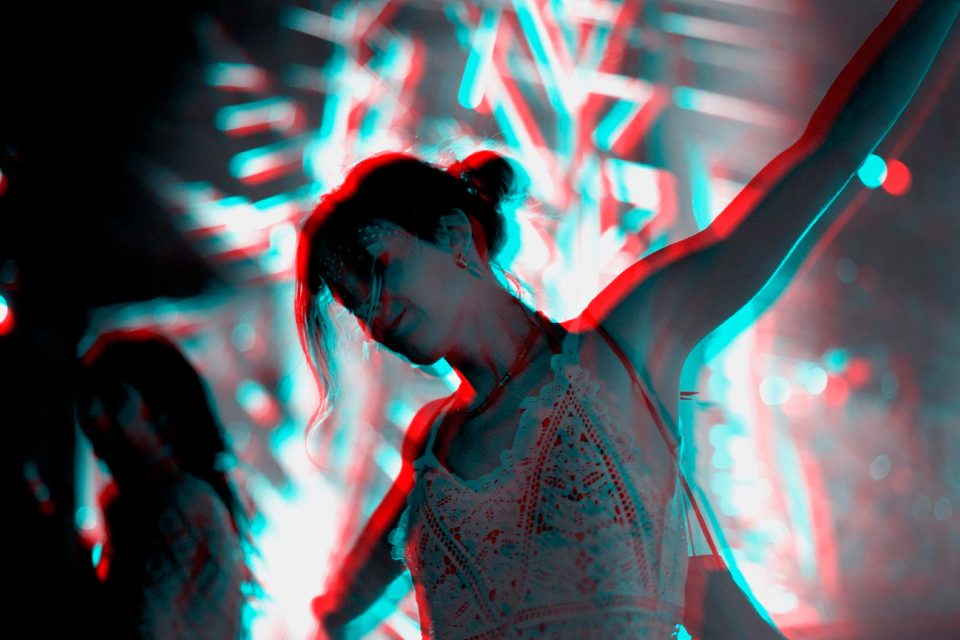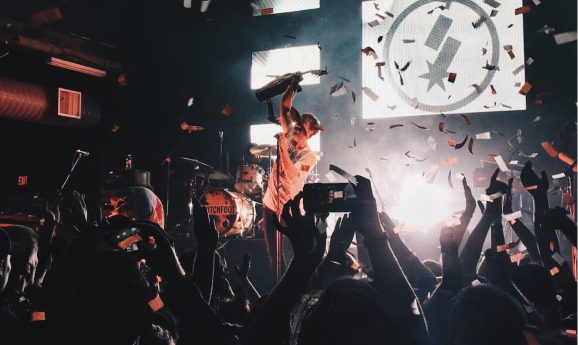Tour Life Diaries: The Business of Roadshows
For musicians, live performances have always been more than just a stage to showcase talent—they are a critical source of revenue, a chance to connect with fans, and an opportunity to build their brand. While the glamour of touring often takes center stage, behind the scenes lies a complex business operation involving logistics, planning, and strategy. Roadshows and tours are not just about music; they’re about creating memorable experiences that resonate long after the last chord is struck.
In India, the business of roadshows has a rich tradition. From classical musicians touring temple towns to modern-day indie artists performing at festivals like NH7 Weekender, the concept of taking music on the road has evolved significantly. Today, roadshows span a spectrum—from intimate gigs in urban cafes to massive concerts in stadiums and regional tours in culturally rich towns.
Planning and Logistics: The Backbone of a Successful Tour
A successful tour begins with meticulous planning. Booking venues, securing permits, and coordinating schedules are just the basics. Musicians need to account for transportation, accommodation, and equipment management. For Indian artists, especially those performing across diverse states, language, and cultural considerations play a crucial role in ensuring a seamless experience for both performers and audiences.
For indie artists and regional musicians, logistics can be particularly challenging. Touring across India’s vast geography often means dealing with varying infrastructure—from state-of-the-art auditoriums in metro cities to makeshift stages in smaller towns. Navigating these differences requires flexibility and a strong local network, making tour management companies an invaluable resource.
Budgeting: Balancing Costs and Revenue
Touring can be expensive, with costs including transportation, lodging, marketing, staff salaries, and equipment rentals. For independent artists, budgeting is crucial to ensure that expenses don’t outweigh earnings. Sponsorships and partnerships are often key to balancing the books. In India, brands like Red Bull and Bacardi have increasingly supported indie music tours, offering financial backing in exchange for promotional opportunities.
Revenue from ticket sales is only one part of the equation. Merchandise sales, including T-shirts, vinyl records, and exclusive tour memorabilia, provide an additional income stream. Artists often design limited-edition merchandise tailored to specific tours, turning their roadshows into revenue-generating opportunities beyond the stage.
Marketing and Audience Engagement
The success of a tour depends heavily on marketing. Social media platforms like Instagram, Facebook, and YouTube are indispensable tools for creating buzz around upcoming roadshows. Posting behind-the-scenes footage, rehearsal clips, and tour diaries helps build anticipation and foster a connection with fans. Platforms like BookMyShow have also become vital for ticketing and promotion, providing a streamlined way to reach audiences across India.
For Indian artists, regional outreach is critical. Translating promotional content into local languages and collaborating with regional influencers can significantly boost engagement. For instance, a Kannada artist touring Karnataka may find success partnering with local radio stations or leveraging platforms like Gaana and JioSaavn to target regional listeners.
Building Relationships: Fans, Sponsors, and Communities
Touring is about more than just performing—it’s about building relationships. For fans, roadshows offer a unique chance to experience live music, creating memories that deepen their loyalty to an artist. Meet-and-greet events, Q&A sessions, and exclusive backstage experiences turn casual listeners into lifelong supporters.
Sponsors and partners also play a vital role in the business of roadshows. Collaborations with brands not only provide financial support but also enhance the overall experience. For instance, a partnership with a beverage brand might lead to themed bar setups at venues, while tech sponsors can enable cutting-edge light and sound displays, elevating the performance.
Roadshows also allow artists to give back to communities. Collaborating with local musicians, hosting workshops, or supporting regional causes during a tour can create meaningful connections and generate goodwill.
The Challenges of Touring
While touring offers numerous rewards, it comes with its own set of challenges. Long hours, constant travel, and logistical hurdles can take a toll on artists and their teams. In India, where weather, infrastructure, and traffic vary widely, even minor disruptions can lead to significant delays.
Financial risk is another concern, especially for indie artists. Without the backing of major labels or sponsors, a poorly attended show can quickly turn into a loss-making venture. This is why careful planning, robust marketing, and contingency strategies are essential for mitigating risks.
Festivals and Collaborative Tours
In recent years, festivals have become a major part of the touring ecosystem. Events like NH7 Weekender, Sunburn, and Ziro Festival of Music provide platforms for multiple artists to perform, drawing large crowds and fostering collaboration. For artists, festivals offer exposure to diverse audiences and opportunities to network with peers.
Collaborative tours, where multiple musicians join forces, are another emerging trend. These tours allow artists to share costs, attract larger audiences, and create unique experiences by blending different musical styles. For example, a classical Carnatic musician teaming up with an electronic music producer for a fusion roadshow can appeal to both traditional and modern audiences.
Touring in the Digital Age
Technology has transformed the way roadshows are planned and executed. Tools like Google Maps streamline travel logistics, while apps like Trello and Slack help manage team coordination. Virtual tours, live-streamed performances, and hybrid models that combine in-person and online elements have also gained traction, especially during the COVID-19 pandemic.
For Indian artists, platforms like Paytm Insider and BookMyShow have made it easier to organize and promote shows, while YouTube and Instagram provide avenues for engaging with fans beyond the physical tour. These tools have democratized the business of touring, enabling even grassroots musicians to reach wider audiences.
The Heart of Roadshows
At its core, the business of roadshows is about bringing music to life. It’s about creating unforgettable experiences for audiences while offering artists the chance to connect with their fans on a deeply personal level. For Indian musicians, who navigate a complex and diverse landscape, roadshows are not just performances—they are journeys of cultural exchange, storytelling, and community building.
Whether it’s a regional folk artist performing in rural festivals, an indie band playing in urban cafes, or a Bollywood star headlining a stadium tour, the essence of touring lies in its ability to unite people through music. And as long as there are stories to tell and songs to sing, the road will remain an essential part of every musician’s journey.




